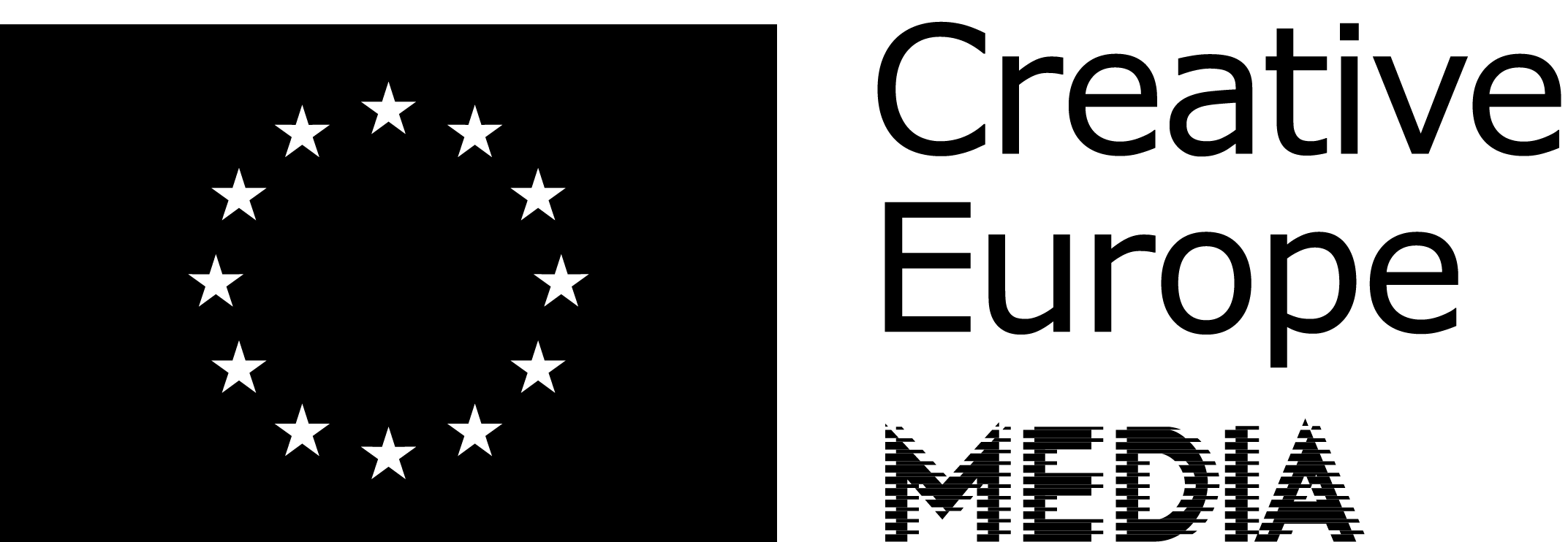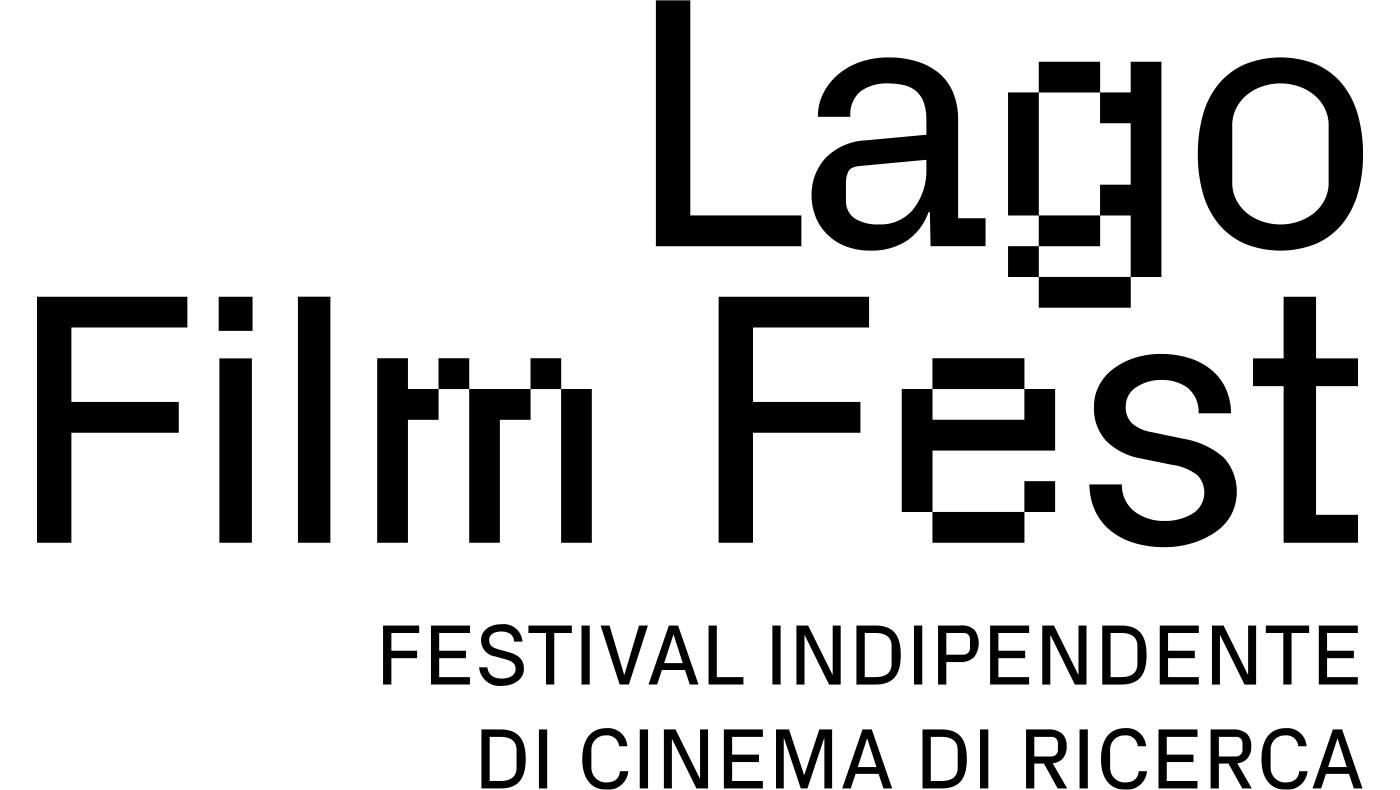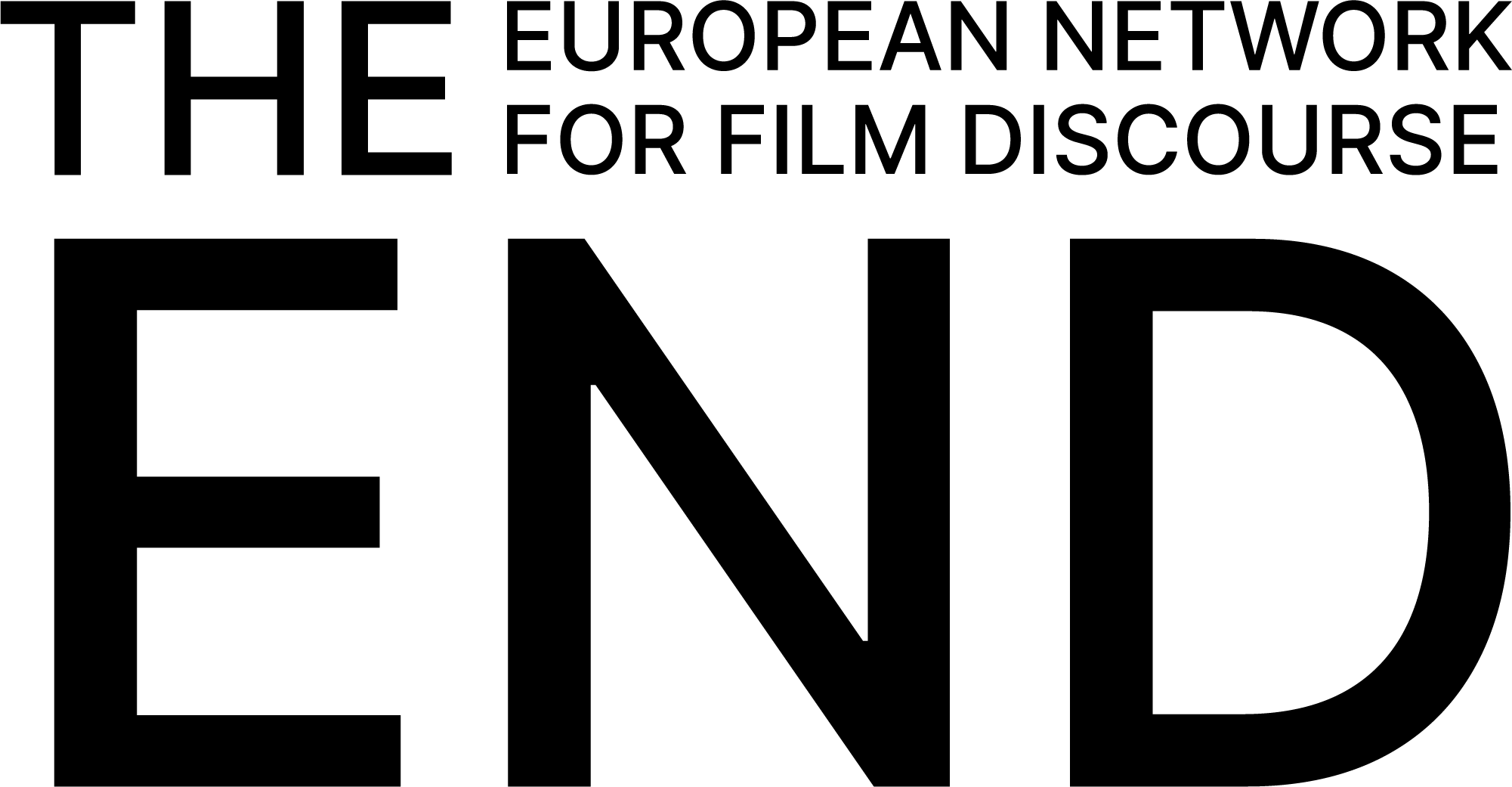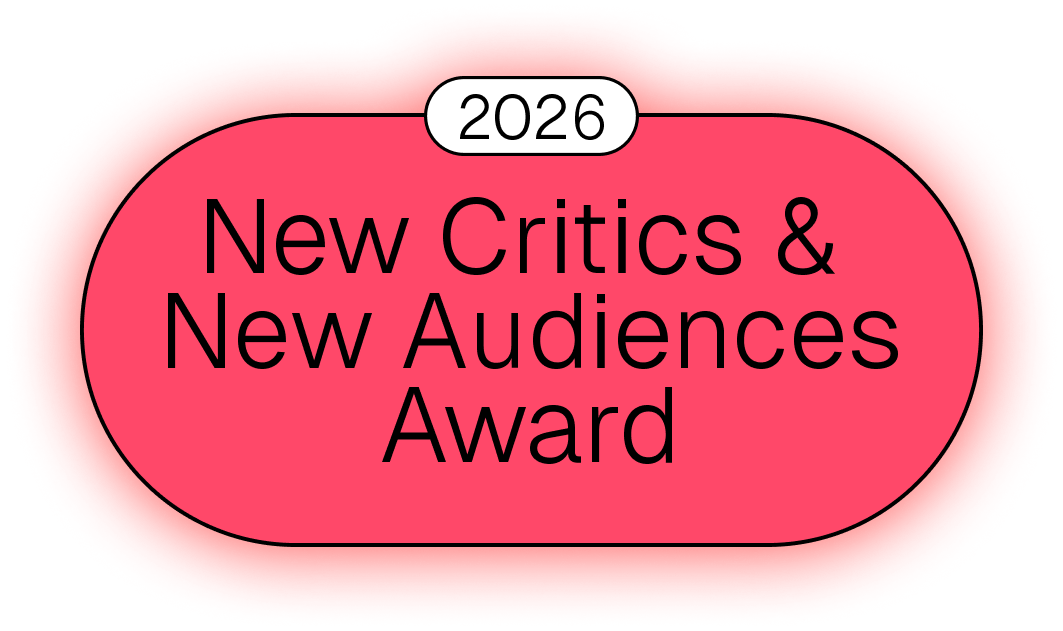Enter With Caution
The Paradox of (Festival) Tourism
In films by Stefano Dealessandri and Furio Ganz, Martyna Ratnik unlocks the eternal paradox of tourism, and wonders how film festivals can use their spaces more to rethink definitions of sustainability beyond reusable plastic cups.
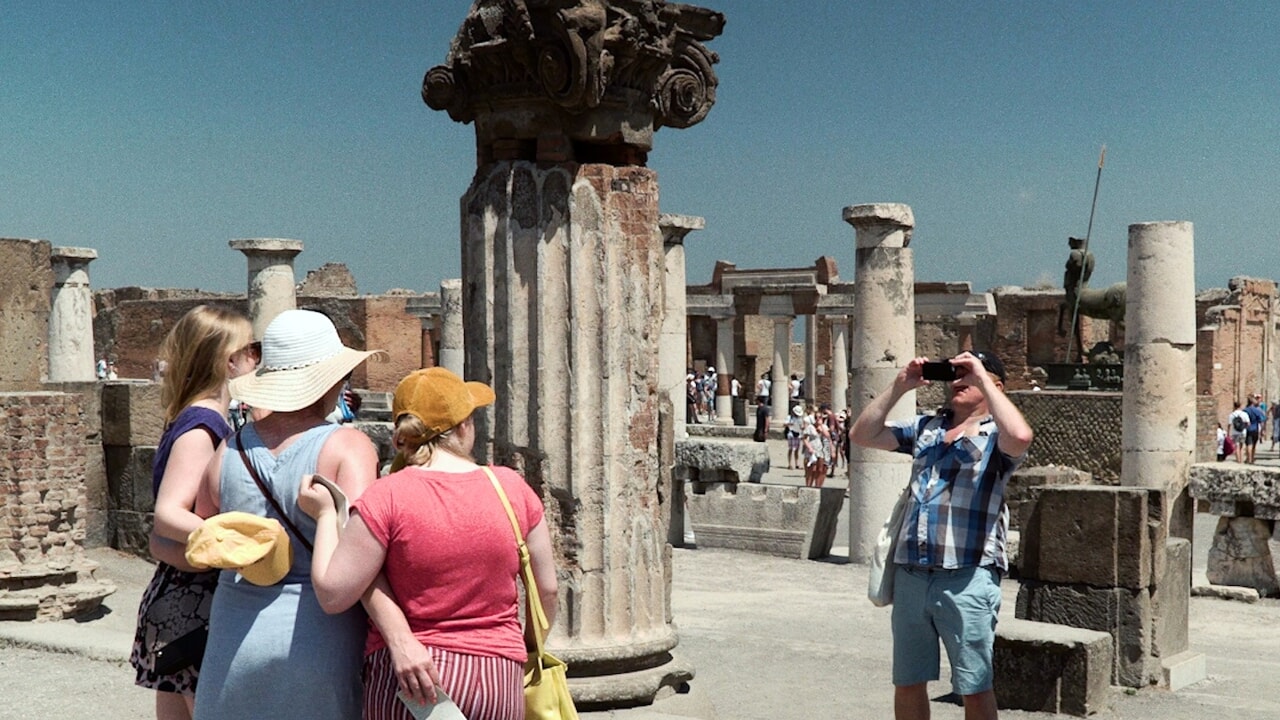
The curatorial text of this year’s Lago Film Fest’s Triveneto competition, a sidebar showcasing the very best shorts from northeast Italy, calls the section an eclectic space “capable of generating in us, spectators on the lakeshore, crucial doubts about our feelings”. As I sip my spritz surrounded by a view so idyllic it could easily pass as the afterlife, two documentary films interrogating the ethics of tourism in (post-)apocalyptic urban spaces deliver on said promise. Stefano Dealessandri’s J’adore Venise – on Disappearing Bodies (2024) and Furio Ganz’s Stolen Stones (2022) raise a similar dilemma: what is our position in a world of seemingly never-ending crises?
J’adore Venise opens with a karaoke version of an Italian pop song that echoes over a shot of a bright orange fish in an aquarium before plunging us into the Google search-like Internet debris mapping the lagoon city. Then, an offscreen narrator whispers: Venice is a tired and sickly fish, with veins full of water infested with strange little creatures making her weak. Her way to resist the infection? An artificial eye in the form of a brand-new surveillance system. As we are shown yet another image of a fish—this time a mechanical one—we are thrown into the city’s fragile ecosystem not as bodies but as data and images ourselves. This way, we can be monitored and quantified, prolonging the poor aquatic animal’s life to perpetuate the monetary extraction.
While a decaying Venice fights back with the help of high-tech and big capital, the long-dead city of Pompeii resolves to good ol’ magic. In Stolen Stones, structured as a tongue-in-cheek letter to a tourism official, Ganz recounts how a stone a young woman once stole from the archeological site and gifted her grandma as a souvenir unleashed an ancient curse, resulting in tragedies ranging from the death of a neighbour’s ageing dog to a military coup in Turkey. Are these all simply unfortunate coincidences? Our protagonist has doubts and ships back the stone to prove she has finally learned her lesson. As we see throngs of tourists pose for pictures and generate new fossils in the shape of lost Duracell batteries and forgotten sunglasses, her petty theft suggests a much larger appropriation, as the landscape winds up hijacked by the tourist gaze until one cannot tell Pompeii and Disneyland apart.
Through the use of depersonalised, CCTV- and ad-like imagery, both filmmakers allow the bodies of cities to take the central stage and become free-willed protagonists themselves. As such, the two shorts seem to confront the eternal paradox of tourism: how, in their pursuit of authentic beauty, humans gradually destroy the very thing they have set out to find.
Sitting on the shores of Lago, I must admit that I, too, am a thief and an infection. But I am also an art tourist, which makes mine an entirely different story—or so I keep reminding myself. And yet, as much as I would like to believe I am above the “average” extractive traveller, looking at my festival’s merch and travel itinerary, I am not so sure anymore. As I become more and more implicated in the festival’s ecosystem—as interconnected as it is vulnerable—I am forced to ask myself: Will I, too, make this place sick?
The near-utopian facade of a film festival can trick you into thinking you exist in a better and fairer galaxy far, far away from the troubled world we live in. And yet, such events are also offshoots of an industry marked by precarity, burnouts, and paychecks handed out in the shape of cultural and social capital, where people are bound to the same rules of production and consumption of the “outside” world. Perhaps, as art tourists confronting a state of crisis, we can use the space festivals purport to open up to rethink definitions of sustainability beyond reusable plastic cups and question our own position and potential complicity in its mechanisms. Or, more importantly, just as the creators of the two shorts, allow ourselves to imagine ways of forming symbiotic relationships between our bodies and the bodies of the places we inhabit, so we don’t accidentally kill the things we love.
As I finish my drink and check the festival’s catalogue once more, I wonder if these two films were never meant to serve as questions but warnings. In the words of the nameless J’adore Venise narrator: “The city is always watching you”. So, I tell myself, be careful now: steal too many stones, and the bodies might soon start disappearing, too.
This text was developed during the European Workshop for Film Criticism #5—a tandem workshop set during Lago Film Fest and FeKK Ljubljana International Short Film Festival—and edited by tutor Leonardo Goi.
The European Workshop for Film Criticism is a collaboration of the European Network for Film Discourse (The END) and Talking Shorts, with the support of the Creative Europe MEDIA programme.
Mentioned Films
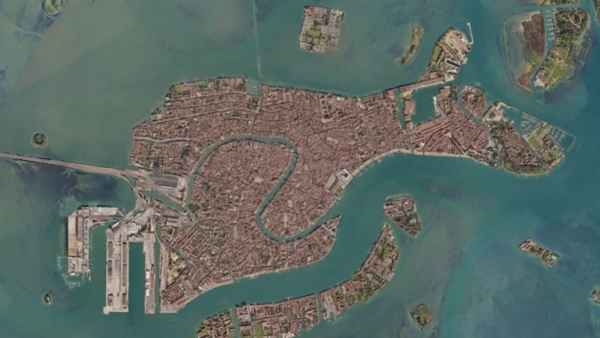
J’adore Venise – on Disappearing Bodies
by Stefano Dealessandri, Italy, 2024, 9’
Delving into the relationship between Venice as a place and the people who move through it, J’adore Venise focuses on the phenomenon of disappearing bodies, which results from both anthropogenic environmental degradation and the pervasive influence of surveillance capitalism.
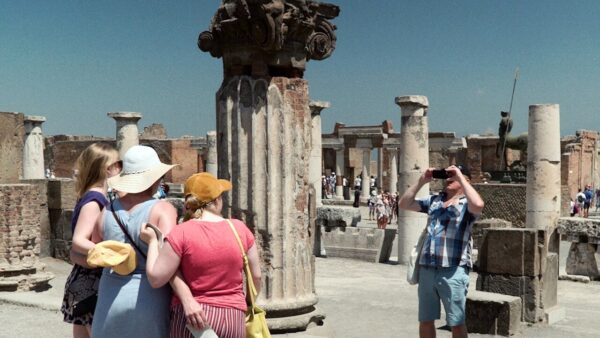
Stolen Stones
by Furio Gantz, Italy, 2022, 4’
An ironic and fatalistic snapshot of today’s Pompei and its tourism that picks up an ancient local prophecy using it as a narrative pretext that sustains the film by giving new meaning to the subject matter.

